Jordan’s path toward a sovereign fund: Insights from Indonesia’s Danantara model - By Raad Mahmoud Al-Tal, The Jordan Times
His Majesty King Abdullah recent visit to Indonesia, as part of his wider Asian tour, marked an important economic milestone for Jordan. The visit opened a strategic window for deeper cooperation with fast growing Asian economies and highlighted Indonesia’s sovereign fund, Danantara, as a model worth studying. During his meeting with the fund’s leadership, and in the presence of the Indonesian President, His Majesty underscored the value of learning from Indonesia’s approach to managing state assets and building investment partnerships that align with Jordan’s Economic Modernization Vision. The message was clear: Jordan seeks to modernize how it manages public investments, and Indonesia’s experience offers practical lessons.
Danantara is a new generation sovereign wealth fund built on consolidating state-owned assets under an independent investment authority. Instead of allowing government-owned companies to depend on the state budget, Indonesia transformed them into productive assets capable of generating financial and developmental returns. The fund prioritizes high-value sectors such as renewable energy, mineral processing, food industries, digital technology, and strategic manufacturing. Its core philosophy is to shift from exporting raw materials to producing advanced industrial output at home. This approach not only increases value added but also creates jobs, improves productivity, and strengthens Indonesia’s competitive position. For Jordan, this dual function supporting fiscal sustainability while catalyzing long term growth offers a compelling blueprint.
A major strength of Indonesia’s model lies in its governance. Danantara is run by an independent board that includes international investment experts, ensuring that decisions are based on professional and commercial considerations rather than bureaucratic constraints. The fund has access to a wide range of financial tools borrowing, asset securitization, and co-investment with other global sovereign funds and private investors. This flexibility enables it to undertake large-scale projects without relying on government budgets, creating a sustainable and scalable investment ecosystem.
Jordan already has an institutional foundation that can evolve into a sovereign wealth fund: the Government Investments Management Company (GIMC). The state holds strategic stakes in energy, infrastructure, telecommunications, services, and industry assets that, if combined under a single independent structure, could be deployed more effectively. Transforming the company into a full sovereign wealth fund would require a modern legal framework that guarantees independence, transparency, and clear governance rules. It would also define the relationship between the fund and fiscal policy, ensuring that investment decisions support long-term development goals.
Establishing a Jordanian sovereign fund would create new avenues for financing national projects without increasing debt or relying heavily on the budget. It would also make Jordan a more attractive destination for international investors particularly Asian and Gulf sovereign funds looking for stable opportunities in renewable energy, food production, digital infrastructure, logistics, and industrial value chains. Such a fund could become a central driver of growth, innovation, and job creation.
Indonesia’s experience demonstrates how countries can transform public assets into engines of economic transformation. Jordan is now positioned to adapt this model in a way that fits its economic structure, resources, and strategic priorities. By doing so, the Kingdom can elevate its investment ecosystem, strengthen the management of state assets, enhance competitiveness, and turn the goals of the Economic Modernization Vision into measurable and sustainable outcomes.
Latest News
-
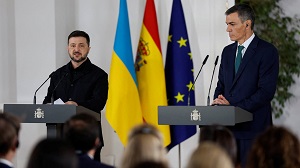 Spain PM announces $710 million in military aid for Ukraine
Spain PM announces $710 million in military aid for Ukraine
-
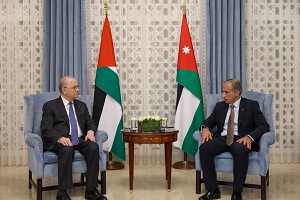 Prime minister reiterates centrality for Palestinian cause for Jordan
Prime minister reiterates centrality for Palestinian cause for Jordan
-
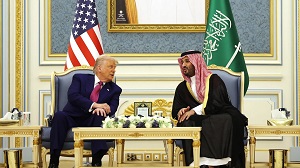 Trump to meet Saudi Crown Prince on Tuesday
Trump to meet Saudi Crown Prince on Tuesday
-
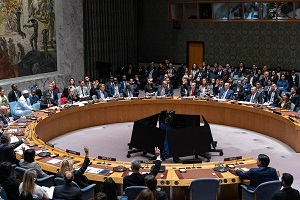 UN Security Council adopts US resolution on Gaza peace plan
UN Security Council adopts US resolution on Gaza peace plan
-
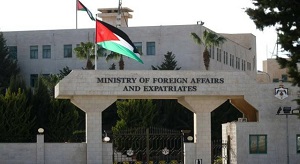 Jordan condemns Israeli minister’s calls to target Palestinian leadership
Jordan condemns Israeli minister’s calls to target Palestinian leadership